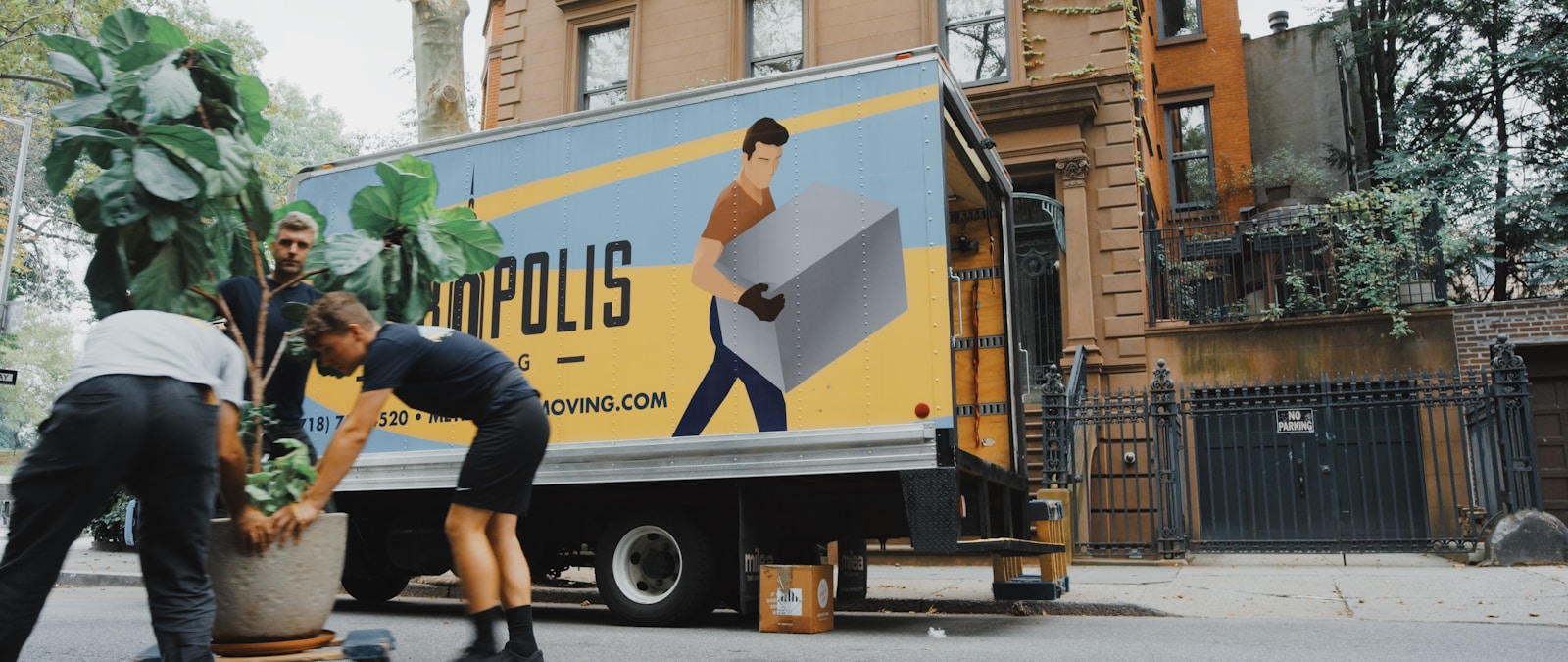Relocating to Ottawa in 2025? This guide covers cost of living, best neighbourhoods, job market, and everything you need to know before the move.
Why People Are Moving to Ottawa in 2025
Ottawa is no longer just Canada’s political capital—it’s quickly becoming one of the most desirable cities to live in. In 2025, newcomers are flocking to Ottawa for its unique mix of job security, green space, family-friendly communities, and vibrant culture.
Here’s why it stands out:
Stable economy driven by government and tech
Lower home prices compared to Toronto or Vancouver
Top-rated schools in both French and English
Diverse, welcoming communities
Endless outdoor activities year-round
Whether you're coming from another Canadian city or overseas, Ottawa offers the perfect mix of urban access and suburban peace.
The Cost of Living in Ottawa vs Other Cities
Ottawa remains more affordable than many other major Canadian cities—but it’s not “cheap.” Let’s break down what to expect in 2025:
While housing is still the largest expense, you'll likely get more space and comfort in Ottawa for your money.
Ottawa’s Job Market and Economic Stability
Ottawa’s economy is impressively diverse for a mid-sized city. Major industries include:
Government and Public Administration (largest employer)
Technology and Innovation (especially in Kanata North)
Healthcare and Education
Construction and Skilled Trades
Tourism and Hospitality
Top employers in Ottawa:
Government of Canada
Shopify (and tech spin-offs)
Ottawa Hospital
University of Ottawa & Carleton University
RCMP and CSIS
Wages are competitive, and unemployment remains below national average, even amid market fluctuations.
Best Neighbourhoods for Newcomers and Families
If you're unsure where to settle, renting for 6–12 months first can help you explore before committing.
Navigating the Ottawa Real Estate Market in 2025
If you're moving permanently, you’ll need to decide between renting or buying. Here's a quick guide:
Renting is ideal if you're not sure where you want to live long-term
Buying makes sense if you’re financially ready and plan to stay 5+ years
Tips:
Work with a local REALTOR® who knows the neighbourhoods
Get pre-approved for a mortgage if you plan to buy
Use Realtor.ca, HouseSigma, or Zolo for current listings
Schools, Healthcare & Services in Ottawa
Ottawa is packed with high-quality services for new residents.
Education:
Public school boards in both English and French
Renowned private schools like Elmwood, Ashbury, and Lycée Claudel
Two major universities: University of Ottawa and Carleton University
Healthcare:
Ottawa Hospital (multiple campuses)
CHEO – World-class children’s hospital
Walk-in clinics and family health teams across suburbs
Getting a family doctor may take time—register early with Health Care Connect (Ontario).
Getting Around: Transit and Commute Info
Public transit is efficient and expanding. In 2025:
LRT O-Train Line 1 connects east-west (Stage 2 expansions ongoing)
OC Transpo buses serve all suburbs
Cycling infrastructure has expanded across the core
Car travel is easy with major highways (417, 416, 174)
Ottawa’s commute times average 25–35 minutes, making it ideal for suburban living.
Winter in Ottawa: What to Expect
It’s true—Ottawa winters are long and snowy, but locals embrace it!
Tips for Winter Life:
Invest in a warm coat, snow boots, and a snow brush
Shovel or snow-blow regularly (or hire a snow removal service)
Keep heating costs in check with good insulation
Enjoy skating on the Rideau Canal, skiing at Mooney’s Bay, and winter festivals
Despite the cold, the city keeps moving—buses run, streets are cleared, and winter sports are everywhere.
Culture, Events & Lifestyle in the Capital
Ottawa’s lifestyle is a blend of culture, history, and natural beauty.
Museums: Canadian Museum of History, War Museum, National Gallery
Festivals: Winterlude, Bluesfest, Canada Day, Tulip Festival
Dining: From ByWard Market to Little Italy and Bank Street eats
Outdoor fun: Gatineau Park, Rideau River, Greenbelt trails
You’ll find a bilingual, multicultural vibe across the city, with plenty of international communities and cultural groups.
Tips for a Smooth Move to Ottawa
Before You Arrive:
Arrange short-term or long-term housing
Set up your Ontario health card (OHIP)
Transfer your driver’s license and vehicle registration
After You Arrive:
Register for local schools and family doctors
Apply for your PRESTO card (public transit)
Update mailing addresses and phone services
Join community Facebook groups or meetup clubs
Being proactive makes all the difference—you’ll settle faster and feel at home sooner.
FAQs About Relocating to Ottawa
1. Is Ottawa a good place to live for families?
Absolutely—it's safe, clean, and packed with family-friendly neighbourhoods and activities.
2. How much does it cost to live in Ottawa?
Expect $3,000–$4,000/month for a family, depending on housing and lifestyle.
3. Is Ottawa safe?
Yes—Ottawa consistently ranks as one of Canada’s safest major cities.
4. Is it easy to find work in Ottawa?
Yes, especially in tech, government, healthcare, and trades.
5. What’s the best month to move to Ottawa?
Spring and early fall are ideal for weather and housing availability.
6. Do I need to speak French to live in Ottawa?
No, but being bilingual is a bonus. Services are available in both languages.
Final Thoughts: Making Ottawa Feel Like Home in 2025
Whether you're drawn by job opportunities, lifestyle upgrades, or simply looking for a fresh start, moving to Ottawa in 2025 is a step toward a better-balanced life. With careful planning, a sense of adventure, and a little help from local experts, you’ll be feeling at home in no time.
Welcome to Ottawa—Canada’s capital and your new hometown. 🇨🇦


